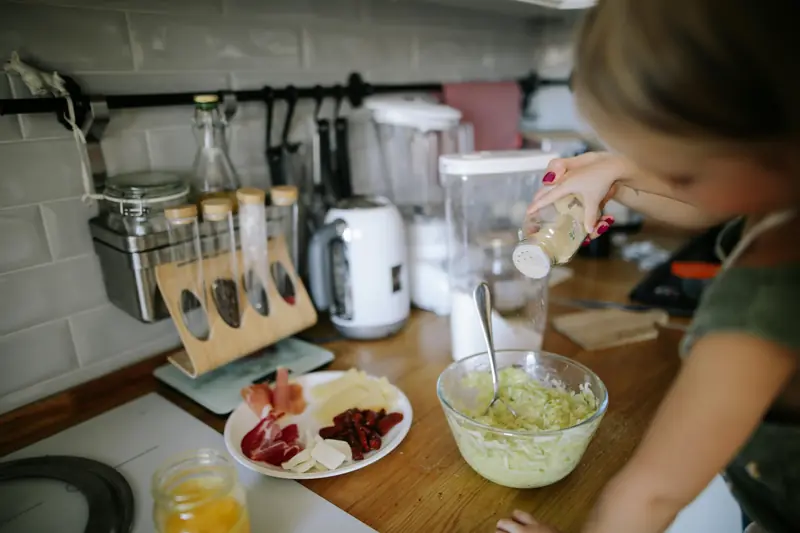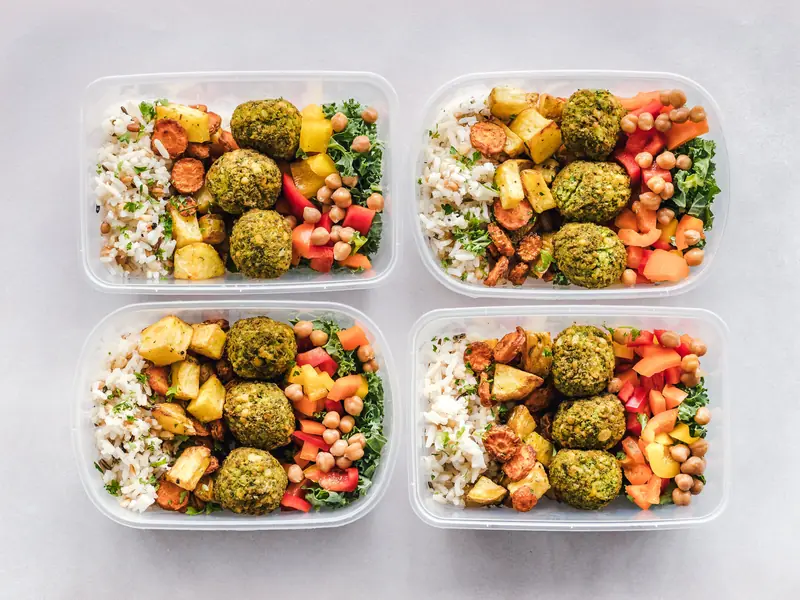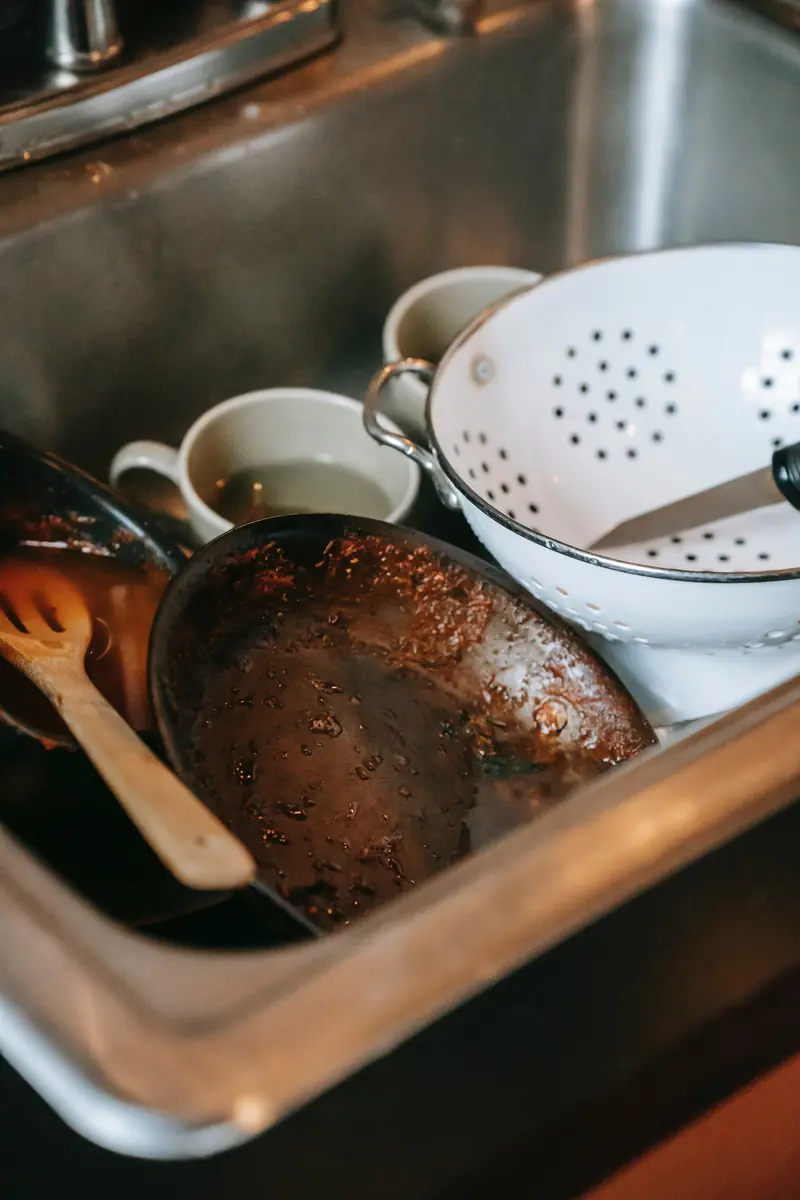
Food safety experts are warning about hidden factors that can lead to foodborne illnesses, many of which are not immediately obvious. Often, these dangers lurk in our kitchens. This vital space has specific rules that all household members should follow.
Among the bacterial, parasitic, and viral foodborne infections, the most common culprits are salmonella, toxoplasma, listeria, norovirus, and E. coli. All of these can lead to serious illnesses, and some can even be fatal.
Every year, 550 million people around the globe fall ill due to unsafe food. Children under five years old account for 40 percent of foodborne illnesses. More than 420,000 people die each year worldwide from consuming contaminated food.
Experts shared insights with the Daily Mail about the subtle factors contributing to food-related ailments and how to avoid them.
Don’t Leave Food Out of the Refrigerator
Perishable items should not be left outside the refrigerator for more than two hours. A drop in temperature can be dangerous for these foods, according to Dr. Darin Detwiler, a leading food safety expert at Northeastern University in Boston and a former advisor to the U.S. Department of Agriculture.
If the temperature of food drops below safe levels, it can harbor microorganisms like salmonella and Staphylococcus aureus. These infections can lead to nausea, vomiting, diarrhea, dehydration, and low blood pressure. For more details on which foods should be refrigerated and which are better suited for your pantry, read here.
Say Goodbye to Delivery Services
If you rely on delivery services for your groceries, you might not realize that you could be receiving spoiled food.
Dr. Detwiler notes that people are often less diligent about checking the quality of items delivered by couriers compared to those they pick out themselves at the supermarket.
“You’re essentially handing over all decision-making responsibility to these individuals,” Dr. Detwiler pointed out. However, it’s important to remember that you can’t always trust a stranger who is shopping for you. The journey from the supermarket to your home can also be a pathway for foodborne infections.

Weigh Your Food Before Cooking
The time needed to reach a safe cooking temperature depends on the weight of the food, especially meat. For instance, if you cook two pieces of chicken of different sizes for the same amount of time, the larger piece is likely to be undercooked.
Toby Amidor, a dietitian and food safety expert from New York, recommends using a meat thermometer, inserting it into the thickest part of the piece. This will help determine if the dish is fully cooked.

Avoid Pre-Packaged Salads
Dr. Detwiler states that he never consumes pre-packaged salads from the grocery store because “it’s too risky.” He explains that in recent years, bagged salads have faced significant criticism due to listeria contamination.
These salads are produced in processing facilities where a large number of employees can be sources of contamination.
Opt for Smaller Containers
Experts say that when food is stored in large containers, it is more susceptible to microbial growth.
For example, mashed potatoes or pasta are often placed in the refrigerator in the pots they were cooked in. However, these dishes cool at different rates, making the inner layers vulnerable to bacterial growth.
Dr. Detwiler advises dividing food into smaller portions and storing them in smaller containers in the refrigerator or freezer.

Regularly Update Your Cutting Boards and Utensils
Using the same knife and cutting board for different foods can lead to cross-contamination.
For instance, cutting vegetables with the same knife used for raw chicken can spread bacteria like salmonella, which is commonly found in animal products. Simply rinsing the board and knife won’t suffice; traces of bacteria often remain. Therefore, Dr. Detwiler recommends purchasing separate boards, knives, and utensils for different types of food.
Washing cooking utensils in the dishwasher is a good idea, as its high temperatures kill harmful microorganisms.

Avoid the Habit of Meal Prepping for the Week
People often prepare meals for the entire week to avoid cooking again until the next weekend. However, experts advise against this practice. They assert that prepared meals can only be safely stored in the refrigerator for a maximum of three to four days.
By the fourth day, bacteria begin to multiply in the food, even if it is stored in airtight containers in the fridge.
The best option is to freeze meals at the beginning of the week and reheat them later, says Dr. Detwiler.
Don’t Allow Your Dog in the Kitchen While Cooking
If you’re cooking and allow your dog to lick your hand, your future meal could become contaminated with pathogens carried by pets.
Capnocytophaga is one of the most common microbes found in the flora of dogs and cats, but it can pose a risk to humans, leading to fever, vomiting, and diarrhea.

Never Wash Meat Before Cooking
“People often think that rinsing meat helps remove some bacteria, but in reality, it increases the risk of contaminating the sink and countertops,” warned Ms. Amidor.
A study by the U.S. Department of Agriculture found that a quarter of participants who washed raw poultry transferred its bacteria to salad. Soaking meat in saltwater, according to the department, also “does not promote food safety.”

Only Buy Pasteurized Dairy Products
Dr. Detwiler urges caution when it comes to unpasteurized dairy products. Most of these items hit store shelves after pasteurization, unlike farm-fresh and market products, which may contain harmful microorganisms.
Dairy products that skip this process can be deadly for the most vulnerable populations, such as pregnant women and the elderly.
